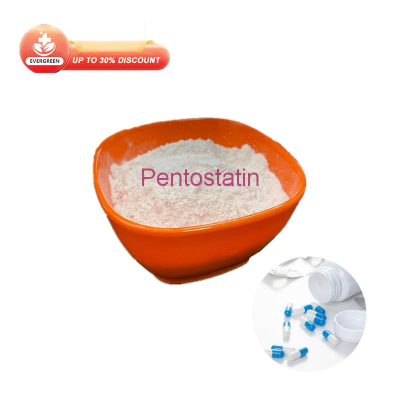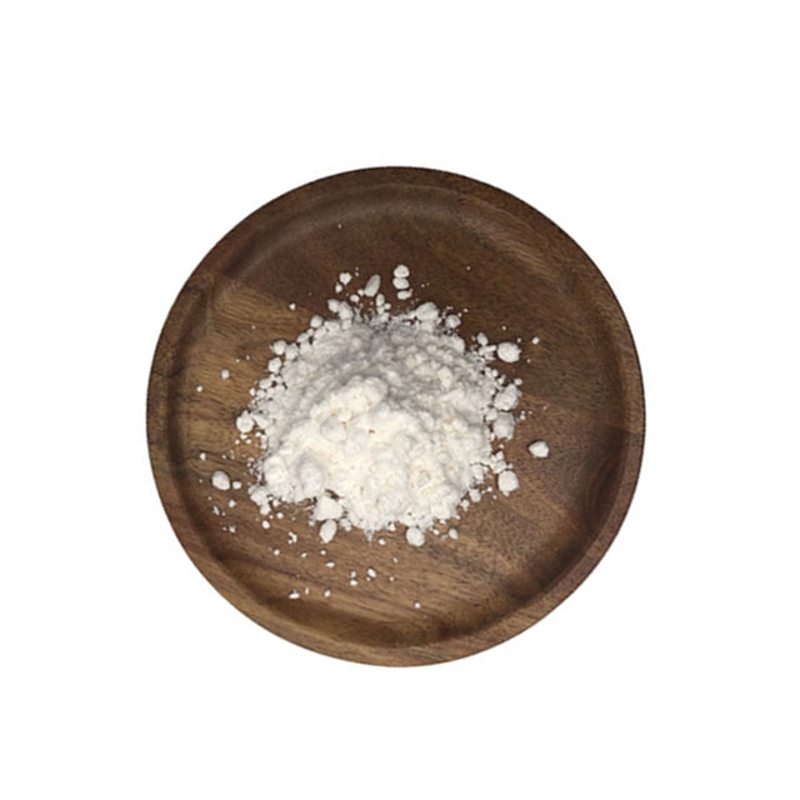New Findings: Cold Spring Harbor Laboratory Study: Blocking cholesterol storage, which can stop pancreatic cancer cells from growing.
-
Last Update: 2020-07-18
-
Source: Internet
-
Author: User
Search more information of high quality chemicals, good prices and reliable suppliers, visit
www.echemi.com
The author: Cathy introduction: pancreatic cancer is known as the "king of cancer", is a high degree of malignancy, diagnosis and treatment are very difficult to diagnose and treat, but also one of the worst prognosis of malignant tumors. The incidence rate and mortality rate ofhave increased significantly in recent years.recently, the Cold Spring Harbor Laboratory of the United States found that the growth of pancreatic cancer cells can be prevented by preventing the storage of cholesterol in pancreatic cancer cells.cholesterol, also known as cholesterol, is an indispensable and important material for cells. It not only participates in the formation of cell membrane, but also is the raw material for the synthesis of bile acid, vitamin D and steroids.recently, scientists at Cold Spring Harbor Laboratory (CSHL) in the United States found that the growth of pancreatic cancer cells can be prevented by interfering with the storage of cholesterol in pancreatic cancer cells.their study on mouse and laboratory grown pancreatic models points to new strategies for the treatment of this deadly disease.the study, led by Professor David tuveson of Cold Spring Harbor Laboratory (CSHL) and published in the Journal of experimental medicine on July 7, titled "soat1 promotes mevalonate pathway dependency in pancreatic cancer", tuveson's team wanted to know why pancreatic cancer cells, like many cancer cells, produce large amounts of cholesterol.cholesterol is an important part of cell membrane, but the team found that pancreatic cancer cells secrete far more cholesterol than they need for their own growth. "This is unusual because the cholesterol pathway is one of the most regulated pathways in metabolism," said tobiloba Oni, a graduate student at the tuveson laboratory."oni explained that most cells only produce the amount of cholesterol they need, and once the cholesterol is enough, the synthesis pathway will be shut down quickly.but he and his colleagues, including Giulia Biffi, a former postdoctoral fellow at tuveson's lab, found that cancer cells convert most of the cholesterol they produce into a form that can be stored in cells.free cholesterol never accumulates, but the synthetic pathway produces more cholesterol.cancer cells in the pancreas seem to grow rapidly through this hyperactive cholesterol synthesis pathway.the team believes that this may be because cancer cells use other molecules produced by the same pathway.with the help of an enzyme called sterol-o-acyltransferase 1 (soat1), they can keep the pathway running and maintain the supply of cholesterol. This enzyme converts free cholesterol into its storage form, which makes a large amount of this form of cholesterol in pancreatic cancer cells.mouse pancreatic tumor expressed soat1: soat1 RNA was stained red; tumor nucleus was stained blue.(image source: tobiloba Oni, Tueson laboratory / CSHL) cancer cells stopped proliferating when the researchers eliminated the soat1 enzyme through gene editing, preventing the cells from transforming and storing cholesterol.in animal experiments, the elimination of this enzyme also hindered tumor growth. importantly, the team found that eliminating soat1 only affected cells with mutations in both copies of the tumor suppressor gene p53. Br / > it is very common in cancer patients to promote the growth of this gene. oni said that in the team's experiment, the elimination of the enzyme in the normal pancreas allowed the cells to function normally, making soat1 a potential therapeutic target. he said he hoped that researchers could develop a drug that selectively blocked the enzyme, destroying cancer cells but retaining normal cells. reference: [1] tobiloba oni et al, Journal of empirical medicine, Doi: 10.1084/jem.20192389 [2] [3] recommended reading: fight the epidemic situation, translational medicine network content team report: [BMJ sub journal] 16 years of retrospective research shows that probiotics can alleviate depression [new findings] Retrospective cohort study: common hypertension drugs can reduce the risk of colorectal cancer [quick news] gene - π digital PCR training camp was successfully held in Chengdu! [review] the latest research in the United States and the United States warns that editing CRISPR gene in human embryos can cause chromosome confusion
This article is an English version of an article which is originally in the Chinese language on echemi.com and is provided for information purposes only.
This website makes no representation or warranty of any kind, either expressed or implied, as to the accuracy, completeness ownership or reliability of
the article or any translations thereof. If you have any concerns or complaints relating to the article, please send an email, providing a detailed
description of the concern or complaint, to
service@echemi.com. A staff member will contact you within 5 working days. Once verified, infringing content
will be removed immediately.







